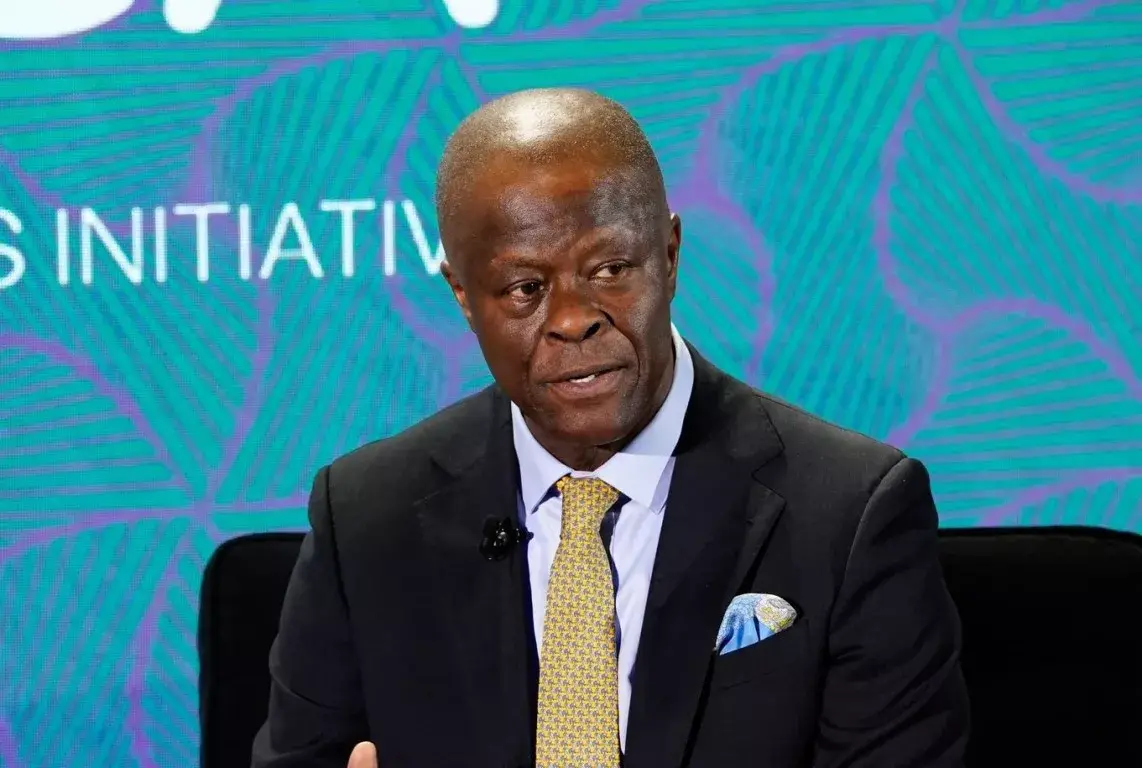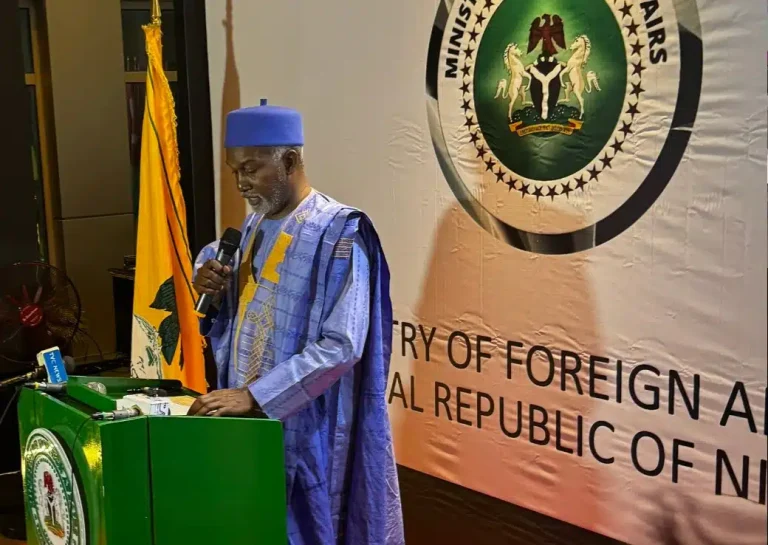
The Federal Government of Nigeria says the removal of petrol subsidies by the Tinubu administration has significantly increased the revenue available to state governments, empowering them to take on greater roles in sectors such as healthcare, education, and infrastructure.
The Coordinating Minister of Finance and the Economy, Wale Edun, made this known on Thursday during the National Health Financing Dialogue held in Abuja. He emphasized that although the removal of the subsidy on Premium Motor Spirit (PMS) was a difficult decision, it has begun yielding tangible results across the economy.
“States now have more than twice the amount of money they used to receive,” Edun said. “This allows them to play a more active role in national development, particularly in key sectors like health.”
Subsidy Gone, Revenue Up
Since the subsidy was scrapped in May 2023, fuel prices have risen sharply, peaking at over ₦1,000 per litre before recently stabilizing below ₦900. Despite public concerns over rising costs, Edun insisted that the policy shift has restored investor confidence and redirected funds to areas previously neglected.
He noted that Nigeria’s inflation rate, which soared to around 27% following the reforms, has since dropped to 21.88% as of July, while food inflation also fell year-on-year to 22.74%, down from 39.53% recorded in the same month last year.
“The fuel subsidy was a burden on our economy, costing us about 2.5% of GDP and disproportionately benefiting a select few, including smugglers and foreign nationals,” Edun said. “By removing it, we’ve freed up funds to tackle critical issues that affect ordinary Nigerians.”
Healthcare in Focus
Edun explained that one of the key sectors expected to benefit from the fiscal reforms is healthcare, where increased funding from both public and private sources is being mobilized to improve service delivery and access.
“Increasing public health financing means we can create more jobs and stimulate economic growth,” the minister stated. “It’s also about crowding in the private sector, where real financial muscle lies.”
Citing philanthropist Bill Gates, Edun highlighted the role of public-private collaboration in bridging healthcare funding gaps. “When public and private sectors come together, it creates space for philanthropy to step in and strengthen the system,” he said.
FAAC Allocations Surge
Recent data from the Federation Account Allocation Committee (FAAC) supports Edun’s claims of improved government revenue. In June, a total of ₦1.818 trillion was distributed among the federal, state, and local governments. By July, this figure had grown to ₦2.001 trillion.
These increases, Edun argued, reflect the early impact of the economic reforms, including steps taken to build public sector savings and invest in national assets.
Long-Term Vision for Inclusive Growth
According to Edun, the reforms are part of President Bola Tinubu’s broader economic agenda aimed at rebuilding a stable, inclusive economy. He stressed that the federal government is committed to ensuring that the benefits of these reforms are felt at the grassroots.
“We are making bold fiscal decisions not just to stabilize the macroeconomy, but to ensure real improvements in communities, households, and health clinics across the country,” he said.
Edun also pointed to efforts to strengthen primary healthcare by training more practitioners and improving management systems nationwide.
“The ultimate goal is to make the government a catalyst for private investment. This is particularly crucial in sectors like health, where public-private partnerships can unlock long-term sustainability,” he added.



